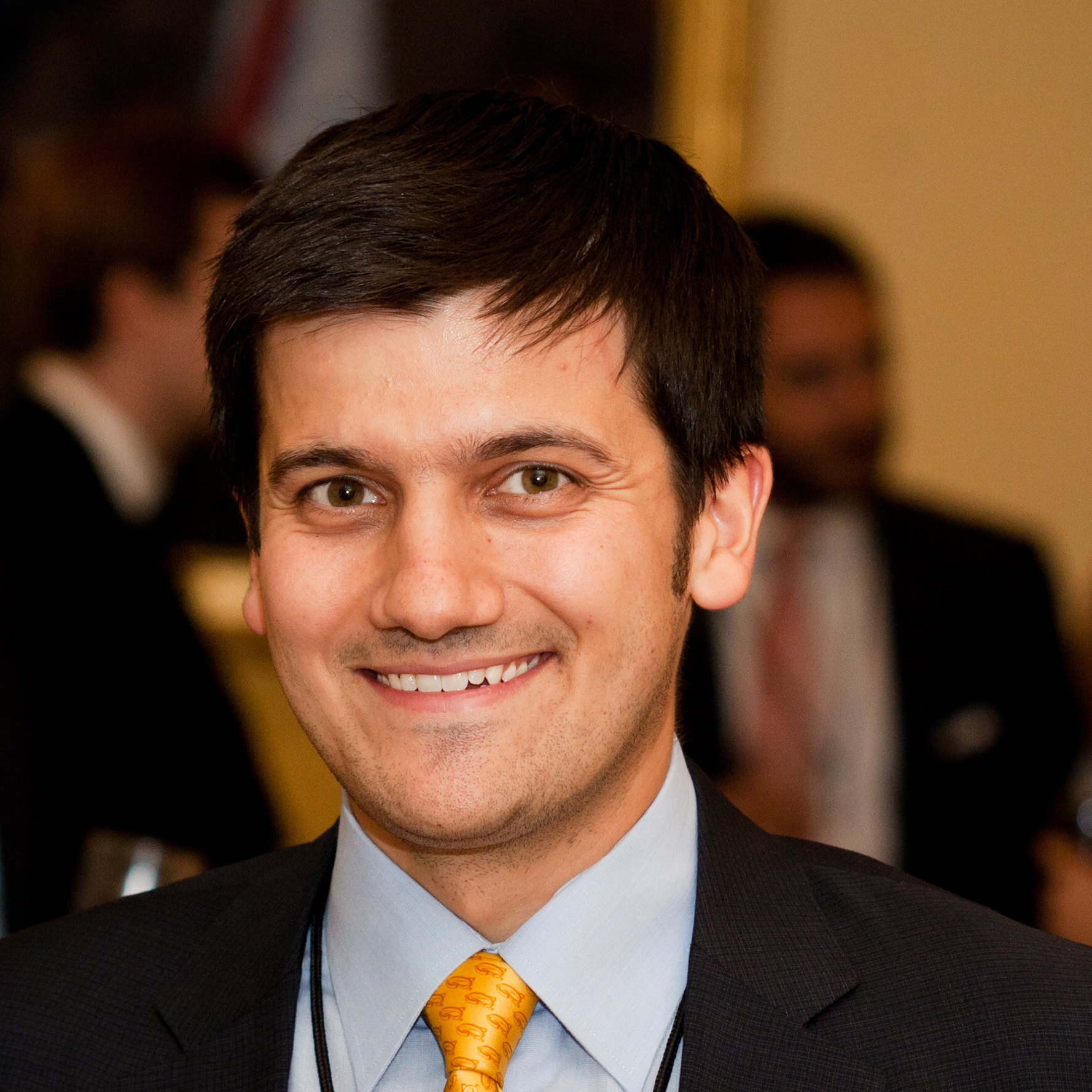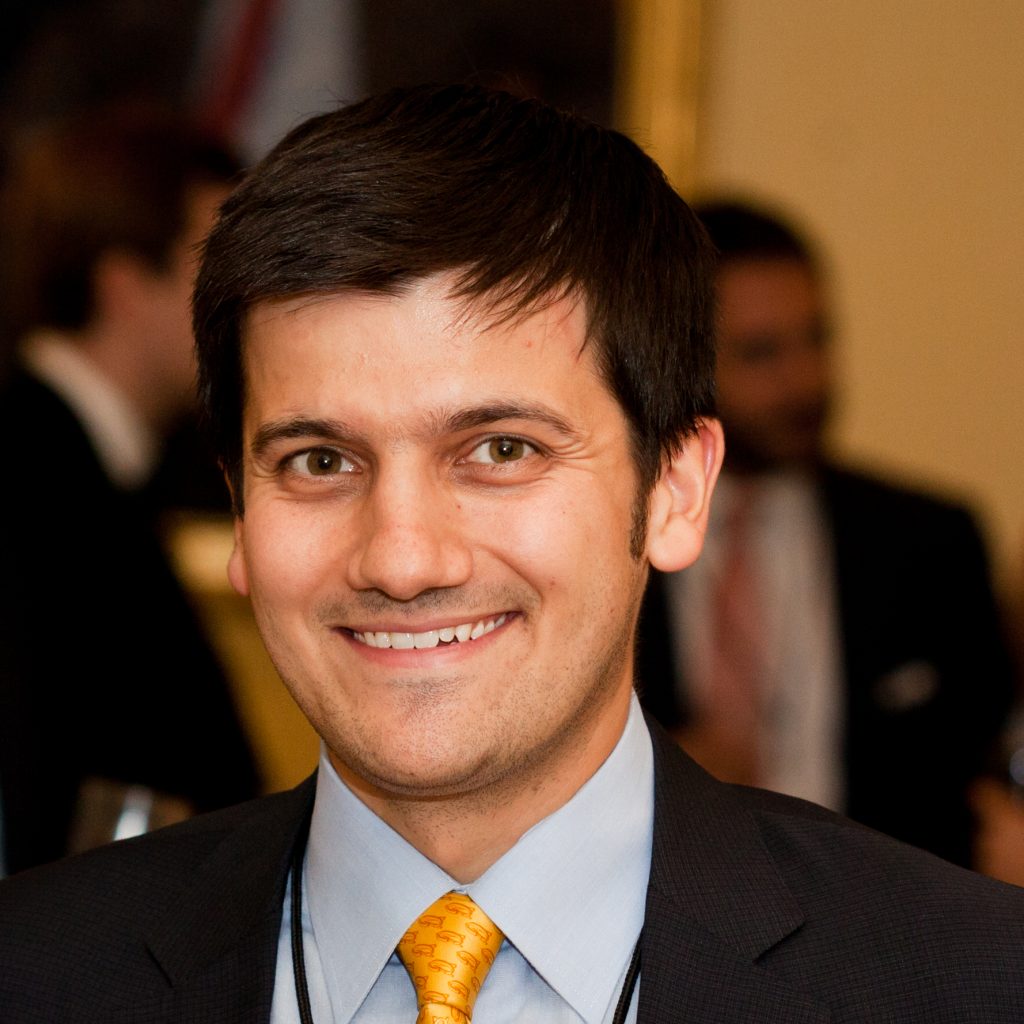500 Fellows.
80 countries.
300 social enterprises.
2.5 million people reached.
Welcome to The Resolution Project.
What started out as an idea tagged onto youth leadership summits at Harvard University has evolved into a 14-person strong non-profit headquartered in Manhattan that supports idea-stage social entrepreneurs globally through mentoring, funding, and pro-bono resources.
Co-founder George Tsiatis takes us back to the early days in college: “Every time we wrapped up one of our week-long summits, and attendees returned to their home countries, we felt like we were leaving something on the table. Considering the amount of resources that were invested in creating this week-long experience, I knew we could do more. We wanted to challenge them to address issues in their local communities and work on them in a lasting way. So in 2008, we put out a call for proposals at the beginning of the Harvard World Model United Nations conference and received enough interest to push us to raise funds that could launch these projects. At the next conference, a year later, we were able to announce the winners of our inaugural Social Venture Challenge competition and begin the work of The Resolution Project.”
Crises of opportunities and leadership
Why does an Ivy-league graduate who – by the way – started his own marketing agency in New York City at 23, care so much about empowering youth to make a difference? George explains: “At first, I wanted to solve for efficiency issues and make sure attendees of our annual leadership summits got more out of their experience. The more I learned about their local issues and the challenges they faced in addressing them, the more I realized that young people today are faced with two major challenges:
First, I have seen a lot of graduates leave their hometowns and sometimes countries to pursue opportunities that didn’t exist at home. But if a lack of opportunity at home drives all capable, educated and ambitious talent away, then who solves for the underlying problems back home? This opportunity drift and urbanization is bad for society.
Secondly, I feel like the majority of young people today don’t have trustworthy leaders to model their behavior after. I want young people with great ideas to have the skills, understanding, and capacity to work on their ideas as early as possible. Think about it: The most demanding corporate jobs recruit undergraduates while they’re still finishing up school, train them for three weeks and turn them into consultants to advise Fortune 500 companies. If they want to channel that same education and energy towards impact, shouldn’t we do everything possible to support that?”
2 a.m. thoughts
George is the second Social Venturer I spoke to who runs a support organization on a non-profit model. “Starting with a zero on the revenue line each January is tough. It’s a long year to give our Fellows the support they deserve and do it consistently. We don’t want to fall into the non-profit trap of being under-resourced so we go out of our way to stay tech-focused and innovation-minded. Why a non-profit? I think that taking equity at such an early stage, at the idea stage, can be predatory. We leverage our non-profit model to prioritize Fellows first.
Then there’s perfectionism that is hard to shake. If, say, 93% of Fellows are satisfied with the program, does that mean we are failing the other 7%? Is 100% satisfaction at all times realistic? Or does it mean we’re not tracking the right metrics?
Our catalyst number: Two out of three social ventures wouldn’t have been started without Resolution Project.
All these are questions we try to answer as The Resolution Project grows and expands. With that, I want to make sure that our staff has the opportunity to grow, learn, and build alongside the growth of our organization.
And then of course there is the constant worry in the back of my mind that many of our Fellows work in conflict zones and countries ridden with political unrest.”
An exercise in mapping and sequencing
“In our very early days, we got a group of volunteers and early team members together and worked on a competitive analysis of other programs that offer comparable services. It just didn’t feel right and I couldn’t say why, until one of my co-founders spoke up and said: “This is the wrong name. These shouldn’t be competitors. They should be partners!” Suddenly it all made sense! Since we primarily work with undergraduates, we fit nicely into a niche that allows us to act as a funnel for other programs.
By the time they apply to one of our Social Venture Challenges at existing youth conferences like the MasterCard Foundation’s Baobab Summit or One Young World, attendees have already gone through some type of education or program that put them on this path to begin with (e.g. self-actualization, intro to social entrepreneurship, etc.). Once they have launched their ventures with The Resolution Project, many Fellows move on to later-stage incubators and accelerators working in their area of expertise or geography to take their solutions to scale.
Today, we collaborate with over one hundred social sector partners to ensure that Fellows have as smooth a transition as possible. We have become really good at mapping, sequencing, and creating seamless systems that help social entrepreneurs grow and evolve throughout their journey. If we’re doing this right, my goal is to put Resolution out of business when local problems are solved by local community members, the sector is connected, and young people are empowered to the point of not needing us any longer.”
How can we help?
We’re always looking for partners that can introduce us to young people without access to this type of opportunity, and for partners that are interested in offering opportunities to our Fellows (notably accelerators, incubators, leadership training programs, and follow-on funders). We would invite you to connect with us at [email protected].
We would also invite you to engage with one of our Hubs in Kigali, Nairobi, and soon Singapore. You can find more information and get in touch here.

George Tsiatis
New York City, NY. USA.
Network builder. Sequencer & Mapper. Father.
